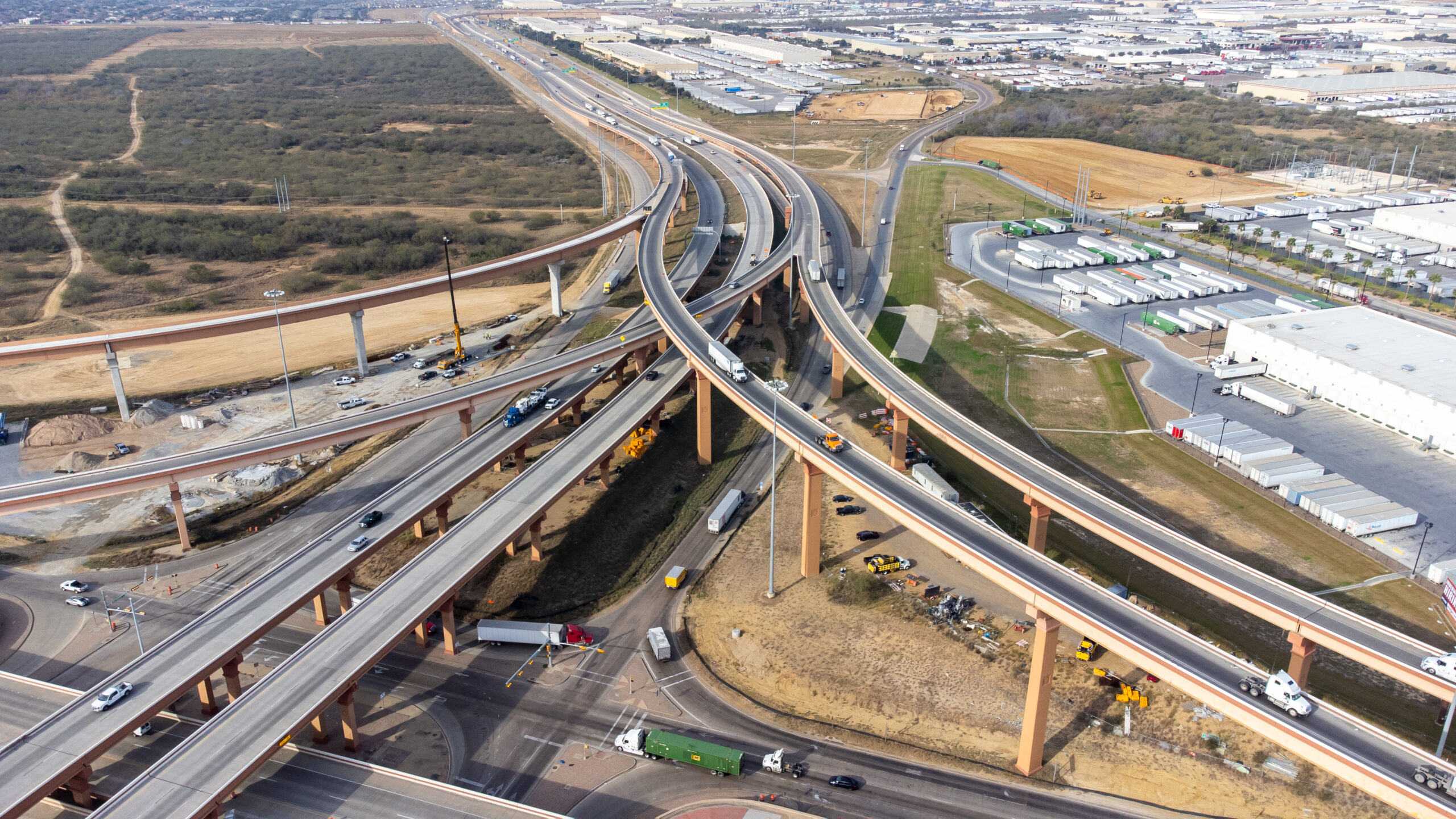A customs broker is a licensed professional or company responsible for clearing shipments through customs. Their role is critical in cross-border freight: they prepare and submit all required documentation to customs agencies, calculate duties/taxes, and ensure freight complies with regulations before it moves across the border.
In U.S.–Mexico trade, usually two customs brokers are involved—one in Mexico and one in the U.S.—since each country has its own import regulations and procedures.
What customs brokers do in cross-border shipping
For southbound (U.S. to MX)
The Mexican customs broker (appointed by the Mexican importer/consignee) prepares the import declaration (pedimento). On the U.S. side, if an export filing is needed, a U.S. broker or freight forwarder may handle it. The Mexican broker identifies which border crossing and yard to use, classifies the goods from the commercial invoice, and calculates duties. They coordinate inspections or permits required on the Mexico side. They coordinate inspections, permits, and clearance, ultimately issuing the DODA (Documento de Operación para Despacho Aduanero). Only then can the shipment legally cross into Mexico.
For Northbound (MX to U.S.):
The U.S. customs broker (appointed by the U.S. importer) files the entry with U.S. Customs and Border Protection (CBP). They require the commercial invoice and details of the shipment before the truck arrives. The Mexican customs broker handles the export pedimento on the Mexico side. The U.S. broker then manages import requirements (licenses, inspections, and duties) to ensure compliance before releasing the freight.
Questions you must ask your customers about customs brokers
For every cross-border shipment, the shipper/consignee must have customs brokers in place. As a freight broker, one of the most important questions you can ask is: “Who is your customs broker for this shipment?” If a customer does not have a customs broker, this is your chance to add value by connecting them with a reputable customs broker. Cargado’s team can also help recommend trusted brokers if needed.
Also confirm the port of entry/border crossing that the customer’s customs broker uses. Many brokers operate only at specific crossings (for instance, a company’s broker might only clear through Laredo). Even if another crossing is shorter, the load must move through the designated port. This impacts route planning and which drayage carrier to use.
In summary, customs brokers handle the legal clearance. They are indispensable to cross-border logistics. Keep both U.S. and Mexican broker contacts handy for every load, and make sure carriers know where to pick up or deliver documents (or whether documents are sent electronically). Clear communication with customs brokers prevents most border delays.
Does Cargado handle the customs brokerage or customs fees?
No, Cargado does not handle customs brokerage or customs fees. Customs brokerage, duties, and taxes are handled by the shipper/importer via their chosen customs brokers.
Cargado’s role is connecting brokers and carriers to move cross-border freight from origin to destination, including the drayage transfer at the border.
In practice:
- The importer of record is responsible for customs clearance and duties/taxes.
- On southbound shipments, the Mexican importer works with their broker to process the pedimento and pay duties.
- On northbound shipments, the U.S. importer pays U.S. duties through their broker.
As a freight broker, you should set clear expectations upfront. For example, here’s what you could say:
“Our service covers door-to-door transport. You’ll handle customs clearance and duties directly with your broker.”
If your customer needs help finding a broker or understanding customs costs, Cargado can provide guidance or referrals, but those services are separate from transportation.
